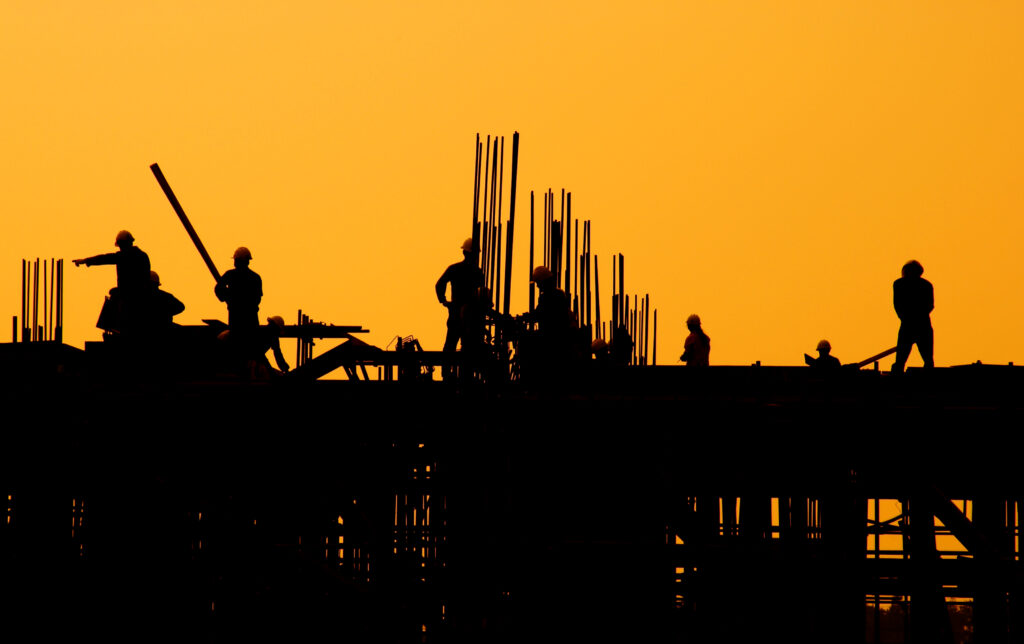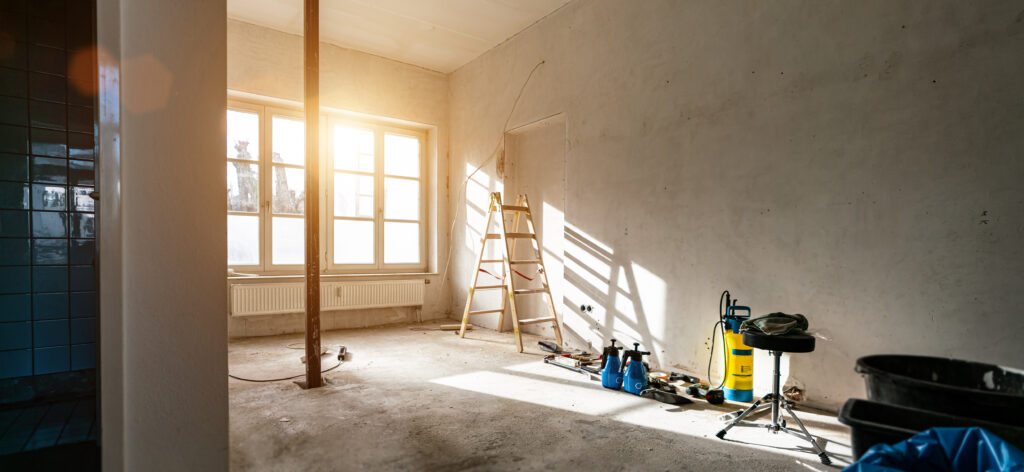Downsizing is a popular choice for many homeowners who reach an age when their home is too much to look after. Apartments and other multi-family units attract people around retirement age who may not want the responsibility that homeowning requires. In 2018, around 11 percent of renters were middle-aged Baby Boomers. As the majority of the Canadian and U.S. populations approach 65, now’s the time to make your property more attractive to this generation.
Avoiding the Retirement Home
Those that can maintain their independence prefer to do so in an apartment or condo, rather than moving into a retirement facility. Around 10 percent of Canadians and 30 percent of U.S. citizens over the age of 60 live alone in their homes. However, there are many that aren’t able to keep up with home maintenance and make the decision to downsize. Apartments, condos, and even villas have become popular choices among those of retirement age. They’re able to live life on their own terms while avoiding living completely alone, giving their families peace of mind.
Covered Parking
Much like living alone, driving is one of the activities that helps keep seniors independent. Around 20 percent of seniors in the U.S. and close to 50 percent in Canada still hold an active driver’s license. One feature that can make your property more marketable is covered parking. Whether it’s rain, snow, or even the sun, protecting your elderly tenants from the elements should be important. If you live in an area that experiences cold winters, having heated garages is also a plus.
Ease of Access
As much as we might try to prevent it, mobility starts to decline as we age. It gets harder to do the things we used to, such as cleaning and using the stairs. If you have a multi-story building, making sure it’s easily accessible for seniors is a necessity. Ensuring that your property is accessible, for both young and old, is another major selling point. On the outside of your building, install ramps where needed to allow entry for wheelchairs and other medical equipment. Inside your building, check that all lifts operate correctly, use clear signage in common areas, and ensure all bathrooms have hold bars. If you don’t have an elevator in your building, try reserving rooms on the first couple of floors for senior tenants.
Sense of Community
Isolation in old age can have severe effects on one’s mental and physical health. Properties that keep their community engaged can help tenants feel more connected. Common areas with lots of seating and planned activities are a simple way to get people to interact with each other. If your property is near businesses like restaurants or events centers, advertising them can give your tenants ideas for group outings. Even hosting events yourself on-site like cookouts or a movie night will create a friendly atmosphere that people will appreciate!
Overall Building Quality
Having a “healthy” building is something you should strive to achieve at all times, but especially if you have an older tenant population. After COVID-19, more CRE managers are re-examining their approach to curtailing germs and sickness in their buildings. Reducing the amount of surfaces that multiple people touch each day eliminates places that germs can live. Pest management will also help stop diseases from spreading around your building. To really keep your elderly tenants healthy, consider overhauling your HVAC system and implementing green practices.
Just a few changes to your property will make senior citizens and their family members confident in leasing with you!
For all your commercial inspection needs, contact National Property Inspections today.



